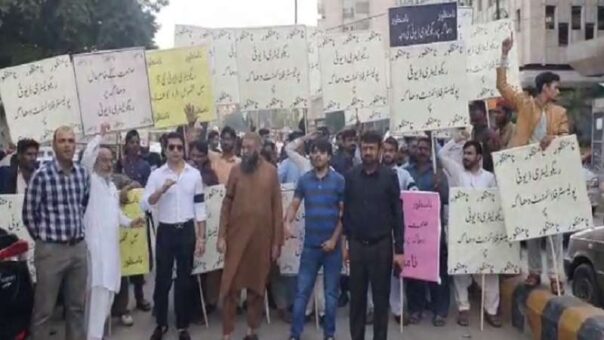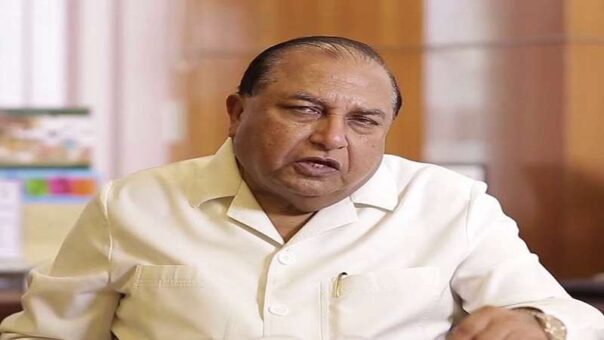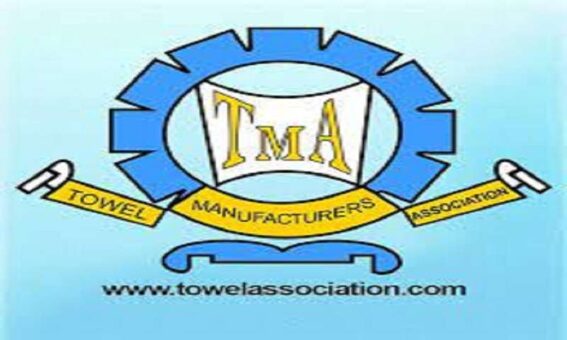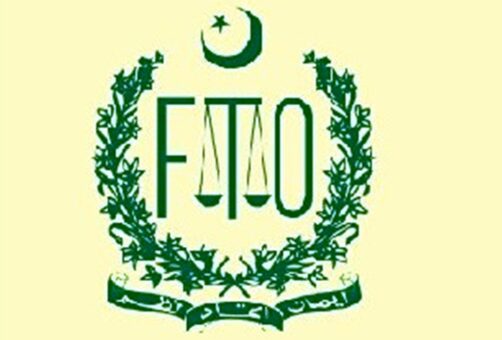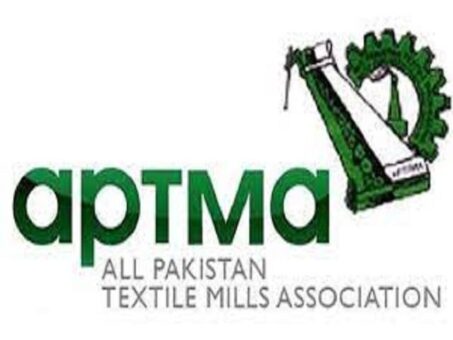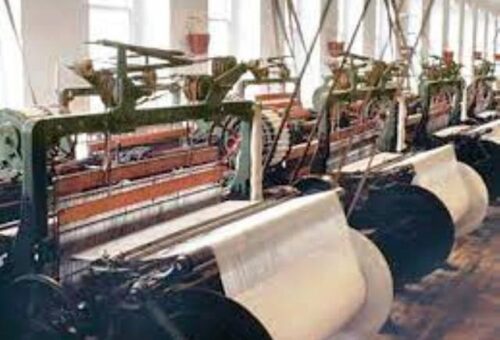KARACHI: Yarn merchants have protested the levy of regulatory duty at 5 per cent on import of polyester filament yarn.
Economic Coordination Committee (ECC) of the cabinet this week approved the imposition of regulatory duty at five per cent on import of polyester filament yarn.
Pakistan Yarn Merchants Association (PYMA), while rejecting ECC decision to impose 5 per cent regulatory duty (RD) on polyester filament yarn, stated that it was primary raw material of textile industry. The association also termed that move as the cause of destruction of 800,000 power looms which were the lifeline of textile industry.
READ MORE: Pakistan slaps 5pc regulatory duty on yarn import
PYMA Senior Vice Chairman Sohail Nisar, Vice Chairman Javed Khanani, Former President FPCCI Nasir Hayat Magoon, Mohammad Usman, Saqib Goodluck, Khurshid Sheikh, Aslam Moten, Hanif Lakhany, Farhan Ashrafi, Danish Hanif, Saqib Naseem, Adnan Riaz, Khurram Bharara, Junaid Teli, Managing Committee and members strongly protested against ECC’s decision to impose RD on Yarn at Karachi Press Club, where they appealed to Prime Minister Shahbaz Sharif and Finance Minister Senator Ishaq Dar to suspend the ECC decision to save the SMEs sector of Pakistan from destruction.
“The government to issue directives not to impose RD on Yarn in the best economic interests of the country. Otherwise, SMEs will be shut down and millions of workers will be unemployed,” they requested.
READ MORE: PYMA urges government not to impose regulatory duty on yarn
PYMA leaders pointed out that there is already 11 per cent custom duty on polyester filament yarn, so with 5 per cent RD, the duty will be 16 per cent while fabric is also subject to 16 per cent duty. As a result of the imposition of RD, power looms will be locked and millions of workers will be unemployed while the 2 million households will be in poverty.
PYMA leaders questioned the government to benefit only two producers as to the wisdom of the decision to destroy Small & Medium Enterprises (SMEs), especially power looms which are associated with the textile industry. Although these two producers meet barely 25 per cent of the industry’s demand, they are not manufacturing other items.
Yarn merchants warned that they will continue their protest against the ECC’s imposition of 5 per cent RD on yarn until the decision is withdrawn. PYMA along with power looms owners of Karachi, Hyderabad, Tando Adam, Lahore, Multan, Faisalabad and Pakistan Art Silk Factories of Gujranwala were also protesting.
READ MORE: Industries threaten mass protest against gas supply shutdown
“National Tariff Commission (NTC), saying that the NTC sent its recommendations without any consultation with the stakeholders which was unfair. NTC must listen to us and any decision must be taken in consultation with stakeholders”, they criticized.
They mentioned to media persons that 11 per cent customs duty was imposed on the import of Polyester Filament Yarn, which will increase to 16 per cent after 5 per cent RD.
Yarn was subject to income tax, sales tax, additional sales tax and even anti-dumping. If all taxes were combined, 50 to 55 per cent taxes were paid on import stage of Yarn, yet the imported raw material was cheaper than both local two producers. From which the monopolies and extreme profiteering of the two producers can be estimated.
PYMA leaders pointed out, “Although local producers make only 25 per cent of the total demand of Polyester Filament Yarn, the textile industry has to depend on 75 per cent of imported Yarn. They further said that in the presence of ongoing inflation, high electricity and gas tariffs, labor issues, if more tax burden was imposed on industries, unemployment will increase and the government will have to pay many times more for 5 per cent RD.”
READ MORE: Pakistan organizes first international housing expo next month
PYMA leaders appealed to Prime Minister Shahbaz Sharif and Finance Minister Senator Ishaq Dar to maintain the current duty structure on Yarn and requested them to ask the ECC to avoid imposing regulatory duty on Yarn.
“Instead of measures to destroy economic activities, such policies should be formulated which will promote business and industrial activities and create ample employment opportunities.”
